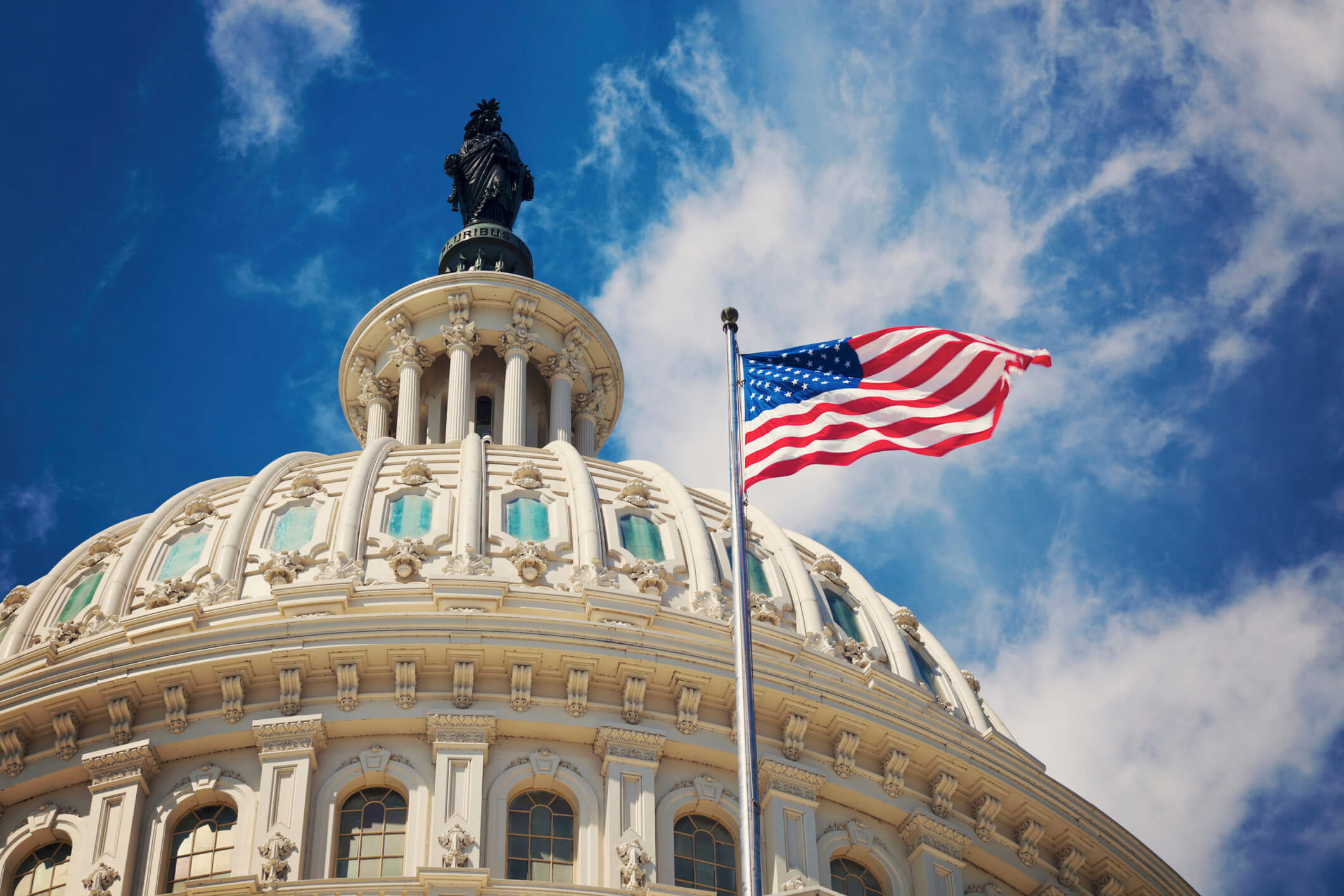Quick Hits
- The Administrative False Claims Act (AFCA) significantly strengthens agencies’ ability to combat fraud involving federal funds by allowing direct prosecutions.
- The AFCA raises the maximum claim amount from $150,000 to $1 million, expands definitions of false claims that trigger liability beyond those involving claims for money, and establishes reimbursement guidelines for investigation costs.
- The AFCA further broadens liability by including false statements not tied to a claim for payment and extends the timeframe for pursuing allegations of fraud.
On December 23, 2024, then-President Joe Biden signed the 2025 NDAA (also known as the “Servicemember Quality of Life Improvement and National Defense Authorization Act (NDAA) for Fiscal Year 2025”). Buried in the lengthy legislation is a section creating the AFCA, which revamps the underutilized Program Fraud Civil Remedies Act (PFCRA) of 1986. The AFCA expands the types of fraud cases that federal agencies can directly pursue, raising the claim ceiling to $1 million and allowing agencies to recover investigation costs.
Background
The PFCRA was enacted in 1986 to provide administrative agencies with a mechanism to pursue low-dollar-value fraud cases. However, the statute has been underutilized historically. In particular, a 2012 study conducted by the U.S. Government Accountability Office (GAO) revealed that during the fiscal years 2006 to 2010, only five civilian agencies—the U.S. Department of Housing and Urban Development (HUD), U.S. Department of Health and Human Services (HHS), the U.S. Department of Energy, the Corporation for National and Community Service (now named AmeriCorps), and the Nuclear Regulatory Commission—had utilized the PFCRA. Notably, HUD referred 96 percent of the cases, while other agencies referred only six cases over five years, according to the GAO study.
Key Amendments Under the AFCA
The AFCA introduces several significant amendments to strengthen the former PFCRA:
- Increased Claim Ceiling—The maximum claim amount has been raised from $150,000 to $1 million, adjusted for inflation.
- Conformance With FCA Provisions—The AFCA aligns its provisions with those found in the False Claims Act (FCA), one of the government’s primary tools for combating fraud against the federal government, ensuring consistency in fraud enforcement.
- Reverse False Claims—The AFCA expands the definition of a false claim to include claims made to an “authority,” including federal agencies, executive departments, and designated federal entities, “which has the effect of concealing or improperly avoiding or decreasing an obligation to pay or transmit property, services, or money to the authority.”
- Reimbursement for Investigation Costs—The AFCA also provides that agencies are reimbursed for the costs of investigations from amounts collected, including “any court or hearing costs,” making it more financially viable for agencies to pursue fraud cases.
- Expanded Jurisdiction for Appeals—The AFCA specifies who can hear appeals for agencies without ALJs, broadening the scope of administrative review.
- No Qui Tam Provision—However, unlike the FCA, the AFCA does not include a qui tam provision, which allows private individuals, known as “relators” or “whistleblowers,” to file lawsuits on behalf of the government and potentially receive a portion of any recovered damages.
- Promulgation of Regulations—The AFCA will further require authorities to promulgate regulations and procedures to carry out the act and its amendments by June 23, 2025.
- Revision of Limitations—The AFCA expands the limitation period for pursuing allegations, requiring the person alleged to be liable to be notified of the allegation within six years from the date the violation is alleged to have been committed or within three years after the material facts are discovered or “reasonably should have been known,” but not more than ten years from the date the alleged violation was committed.
- Semiannual Reporting—The AFCA also amends the reporting obligations for federal government agencies, departments, and entities, requiring semiannual reports to include data on AFCA claims: the number of cases reported, actions taken—including statistical tables showing pending and resolved cases, average time to resolve cases, and final agency decisions appealed—and instances in which officials reviewing cases declined to proceed.
Next Steps
The AFCA represents a significant shift in administrative fraud enforcement as the federal government under the Trump administration focuses on reducing fraud and waste. The law strengthens and enhances the government’s ability to investigate and prosecute allegations of fraud, particularly those involving smaller dollar amounts, by providing agencies with a mechanism to prosecute allegations of fraud without having to go through the U.S. Department of Justice (DOJ) and the FCA process.
Moreover, the AFCA also expands the scope of potential liability, covering false statements even in the absence of a claim for payment. However, the AFCA lacks a qui tam provision that would incentivize whistleblowers to come forward with false claims allegations.
Moreover, the AFCA provides another antifraud tool as the Trump administration has sought to use the FCA against businesses to stop “illegal” diversity, equity, and inclusion (DEI) programs. There is potential that the AFCA could be used similarly as part of the administration’s efforts.
However, there are still questions regarding the AFCA’s authorization of administrative law judges (ALJs) and other officials to oversee cases. In its 2024 decision in Securities and Exchange Commission v. Jarkesy, the Supreme Court of the United States vacated a civil monetary penalty that was imposed in an ALJ proceeding. The Court found that this penalty violated the defendant’s right to a jury trial under the Seventh Amendment of the U.S. Constitution, raising concerns about the constitutionality of ALJ proceedings, particularly concerning monetary penalties.
Ogletree Deakins’ Diversity, Equity, and Inclusion Compliance Practice Group, Government Contracting and Reporting Practice Group, and Governmental Affairs Practice Group will continue to monitor developments and will provide updates on the Diversity, Equity and Inclusion Compliance, Ethics / Whistleblower, Government Contracting and Reporting, and Governmental Affairs blogs as additional information becomes available.
Follow and Subscribe
LinkedIn | Instagram | Webinars | Podcasts










